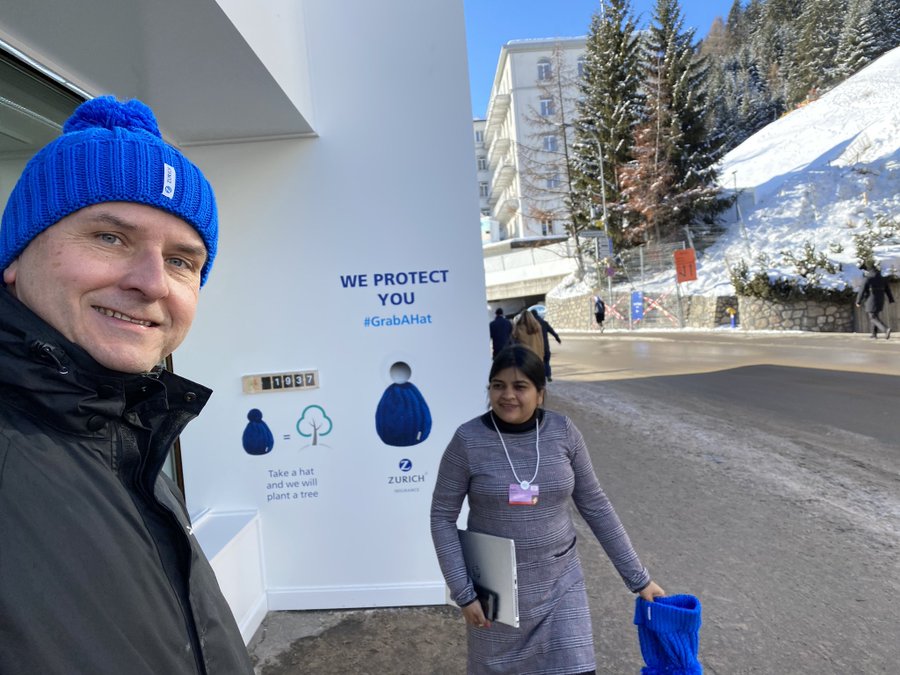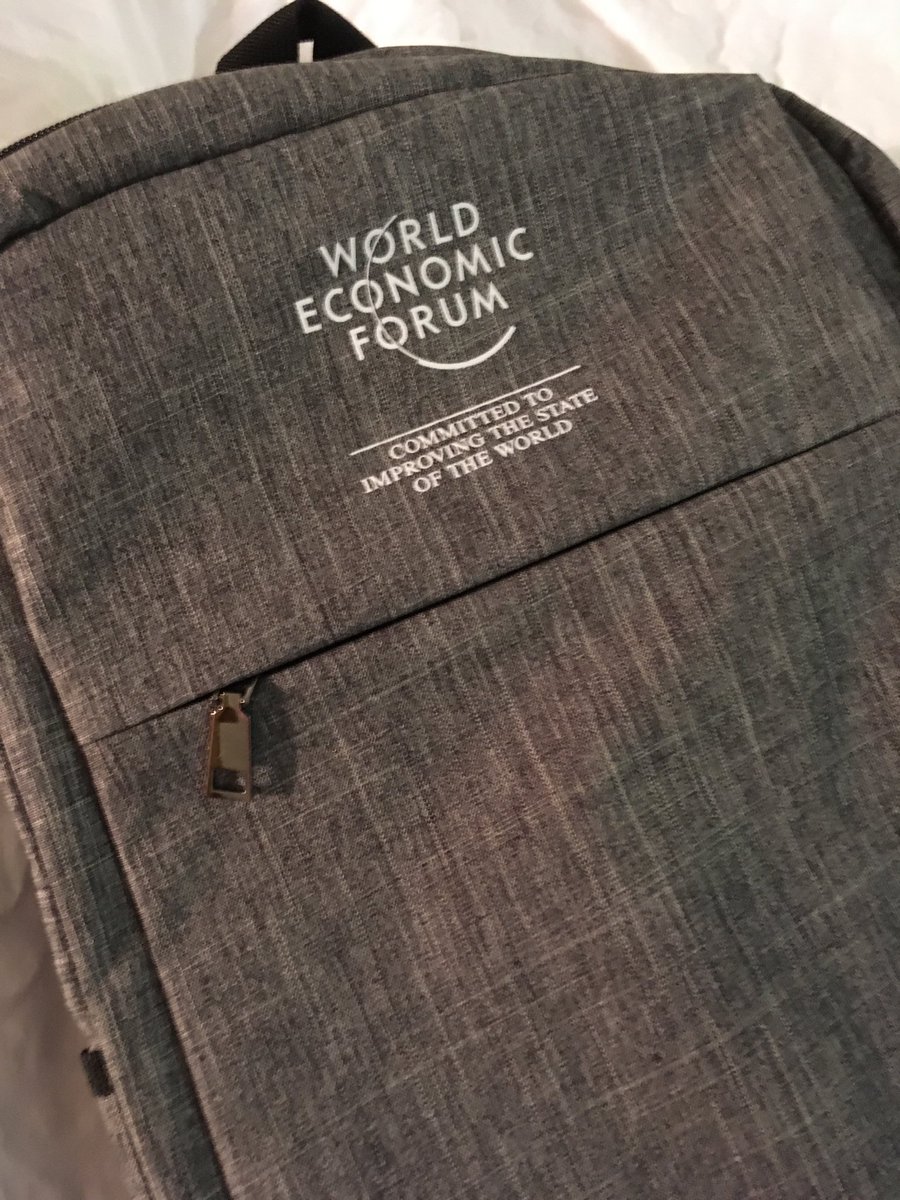Updated
The word Davos is being thrown around a lot this week
as some of the biggest names in business and global politics gather in
Switzerland.
The event is a chance for some of the most powerful
figures in the world to get together, but for the uninitiated it can be a
bit of an enigma. Here's a run-down on the exclusive, high-profile summit.
What is Davos?
Davos is a Swiss ski town in the alpine region of Graubunden, but it has become the shorthand way to refer to the World Economic Forum Annual Meeting which is held there.The first forum was organised by Klaus Schwab in 1971 when it was called the European Management Symposium. It brought together about 450 participants, mostly chief executives from the top companies in Europe.
Speakers included economists, political scientists, physicists and public policy commentators. One of the talks was about the impact of computers on individual privacy.
The summit lasted for about a fortnight, generated a profit of 25,000 Swiss francs ($37,674) and participants called for a repeat the following year.
Professor Schwab used the money to set up the forum foundation and the tradition of an annual meeting was born.
Now the meeting has become a who's who of the most important political and economic figures in the world.
This year's summit is a four-day meeting which began on Tuesday and runs until Friday.
What's the point of the World Economic Forum?
Professor Schwab helped to develop the stakeholder theory, which is that businesses should serve employees, suppliers and the communities in which they operate as well as customers and shareholders.The forum originally set out to promote this idea — that businesses should serve society as a whole.
"We believe that progress happens by bringing together people from all walks of life who have the drive and the influence to make positive change," its mission statement says.
The 2020 summit is focused on "reshaping capitalism" and has seven themes, including Tech for Good, How to Save the Planet and Fairer Economics.
Swedish teenage climate activist Greta Thunberg is a guest speaker, and 13-year-old Naomi Wadler, who campaigns against gun violence in the US, is also attending.
While the talks are thought provoking, the networking opportunities the forum provides are regarded as the real drawcard.
It's all about the 'Davos Club'
Only those invited to the forum can attend, adding the distinct air of exclusivity."You can't just turn up at Davos on the day and hope to be let into the meeting," the forum website says.
"There are far fewer places available than there are people who want to attend."
The public can watch through live streams, but watching the event is very different from being there, lining up for a post-meeting cup of tea among billionaires and world leaders.
US President Donald Trump and Germany's Chancellor Angela Merkel are among the G20 political leaders invited to this year's meeting.
The meeting is also open to top executives from the forum's partner companies including Google, Facebook, The Coca Cola Company, Huawei and Mastercard.
It has been criticised for being a rich, white men's club in the past. This year, the forum admits it is "overwhelmingly male" with just 24 per cent of participants being female.
There's also free merch
There's no point belonging to an exclusive club if you can't brag about it and the best way to do so is with exclusive kit.The now-iconic blue beanies are the most famous examples of this.
Zurich Insurance hands out the beanies or "bobble hats" at the summit every year. And by all accounts, they are hot property.
The iconic @Davos bobble hat is as popular as ever!  @Zurich for planting a
@Zurich for planting a  for each one! #WEF20 #reforestation
for each one! #WEF20 #reforestation
 @Zurich for planting a
@Zurich for planting a  for each one! #WEF20 #reforestation
for each one! #WEF20 #reforestation
"Months later if you see someone wearing one, you can nod at each other discreetly. You're part of the Davos set."
But there are also backpacks which lets participants broadcast their attendance.

Haven’t got my Davos bobble hat yet, but you do get a free backpack with their snappy slogan on it.

How much does it cost?
Business participants have to pay to belong to the forum through membership and partnership fees.These can range from 60,000 to 600,000 Swiss francs.
But businesses have to pay an additional fee to send representatives to the meetings. The Swiss Broadcasting Corporation reports this figure is about 25,000 Swiss francs.
Non-business participants such as celebrities and heads of state do not pay to take part in the meeting.
Security costs are shared with the Swiss government.
About 5,000 armed forces personnel are tasked with keeping the summit secure, while the airspace above Davos is restricted for the event.
This heavy security presence is reportedly costing the Swiss defence ministry about 32 million Swiss francs.
Why hold the summit in Davos?
Davos is known for its ski resorts, but it was previously viewed as a health and wellness haven after German physician Alexander Spengler noted residents were unaffected by a tuberculosis epidemic when he arrived in the village in the 1860s.Mr Spengler regarded the Davos high-altitude climate and the "healing power of the diluted mountain air" as ideal for treating tuberculosis, which led to sanatoriums and recuperation spas opening in the Alps town.
These sanatoriums became the setting for Nobel prize winner Thomas Mann's novel The Magic Mountain, which inspired the forum's founder.
The forum describes Davos as "a place of recreation and relaxation, where people took in clean mountain air to restore their health and recharge their minds".
Professor Schwab chose Davos because he wanted participants in his first summit to "feel relaxed enough to speak frankly while maintaining camaraderie of purpose and mutual respect".
Davos was deemed "comfortable enough" to not deter attendance, but remote enough to give participants "a feeling of seclusion". At the time, the town also boasted a newly built conference centre.
The forum's mission statement emphasises its independence and impartiality, making Switzerland, which has a foreign policy of militarily neutrality, a fitting country for its headquarters.







No comments:
Post a Comment